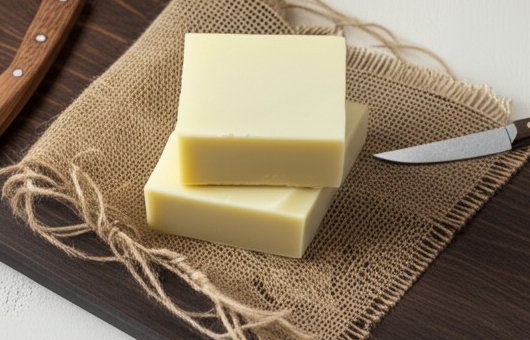Reclaiming Our Heritage: The Power of Traditional Fats
We’ve been told for decades that fat is the enemy. That saturated fats clog our arteries and lead to heart disease. But what if we’ve been misled? What if the very fats our ancestors thrived on are actually essential for our health? Today, we’re exploring the forgotten wisdom of traditional fats, reclaiming our heritage, and challenging the conventional narrative.
The Demonization of Saturated Fats:
For too long, we’ve been bombarded with messages about the dangers of saturated fats. Seed oils, marketed as “heart-healthy,” replaced traditional fats like butter, lard, and tallow. But the rise of chronic diseases like obesity, diabetes, and heart disease suggests something went terribly wrong.
The Truth About Traditional Fats:
We believe it’s time to reconsider our relationship with these nourishing fats. They offer a wealth of benefits:
- Cellular Health: Saturated fats are essential components of our cell membranes, providing structure and stability.
- Hormone Production: They’re crucial for producing hormones like testosterone and estrogen, which play vital roles in overall health.
- Brain Function: Our brains are largely composed of fat, and saturated fats are essential for optimal cognitive function.
- Vitamin Absorption: Fat-soluble vitamins (A, D, E, and K) require fat for proper absorption.
- Satiety and Weight Management: Traditional fats promote satiety, helping us feel full and satisfied, which can aid in weight management.
- Energy Source: They provide a long burning energy source.
Embracing Traditional Fats in Our Kitchens:
Let’s bring back the fats our grandparents used.
- Beef Tallow: A rich source of saturated fat, perfect for searing meats and roasting vegetables.
- Lard: Rendered from pork fat, lard adds flavor and flakiness to baked goods and is excellent for frying.
- Butter: A classic source of saturated fat, butter adds richness to dishes and is a staple in baking.
- Coconut Oil: A versatile oil with a unique fatty acid profile, coconut oil is great for cooking and baking.
Why the Shift Away?
The demonization of saturated fats was largely driven by flawed research and the influence of the processed food industry. Seed oils, cheaper to produce and market, replaced traditional fats, leading to a decline in our health.
Our Call to Action:
We’re reclaiming our kitchens and our health.
- Read Labels: Be wary of products containing seed oils like canola, soybean, and corn oil.
- Choose Quality Fats: Opt for grass-fed tallow, pasture-raised lard, and organic butter.
- Cook with Confidence: Don’t be afraid to use traditional fats in your cooking.
- Educate Ourselves: Learn about the benefits of traditional fats and share the knowledge.
A Return to Our Roots:
We believe that by embracing traditional fats, we’re not only nourishing our bodies but also reconnecting with our heritage. Let’s reject the fear-mongering and rediscover the power of these essential nutrients.
What are your favorite ways to incorporate traditional fats into your diet? Share your experiences in the comments below!
